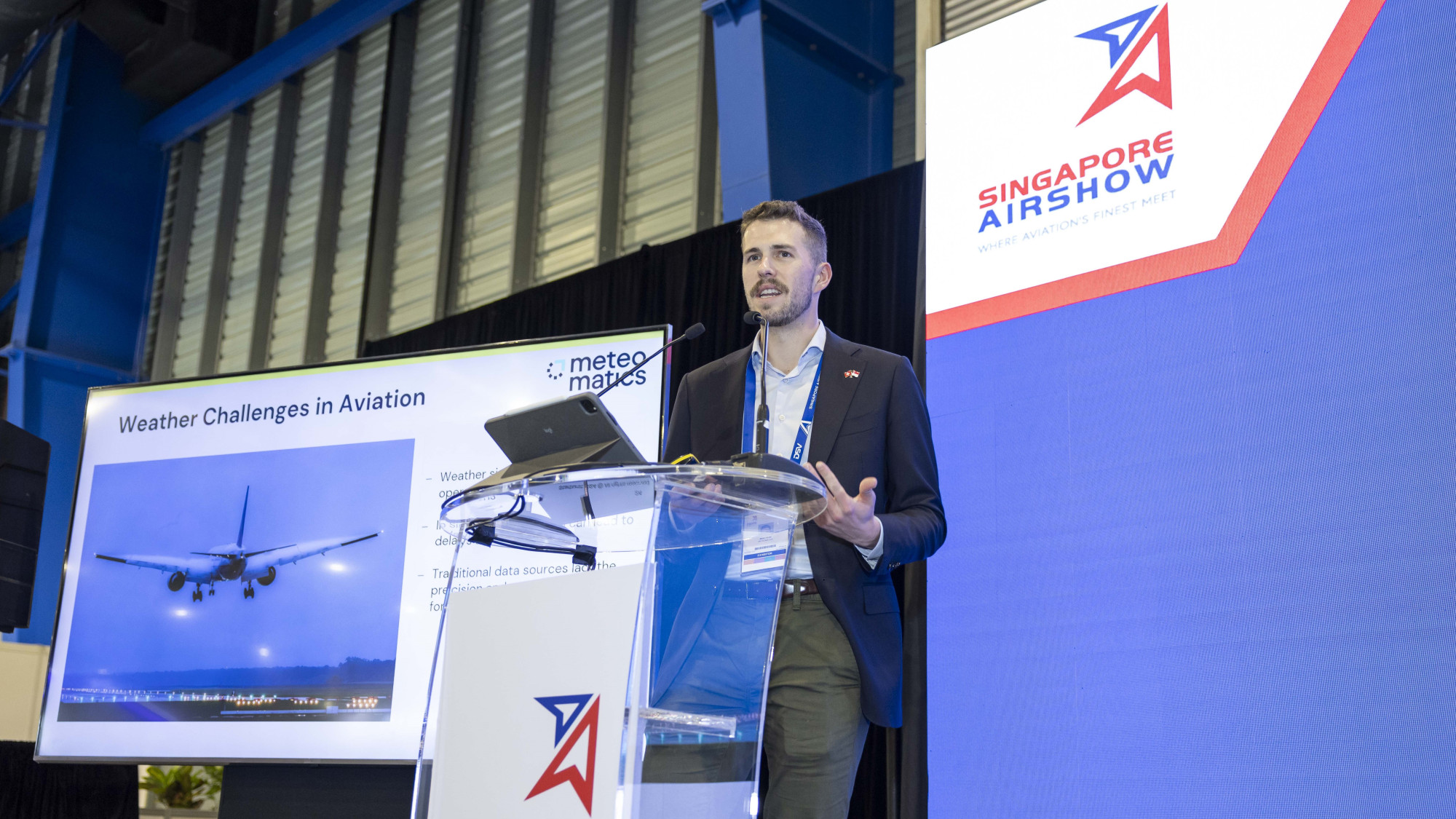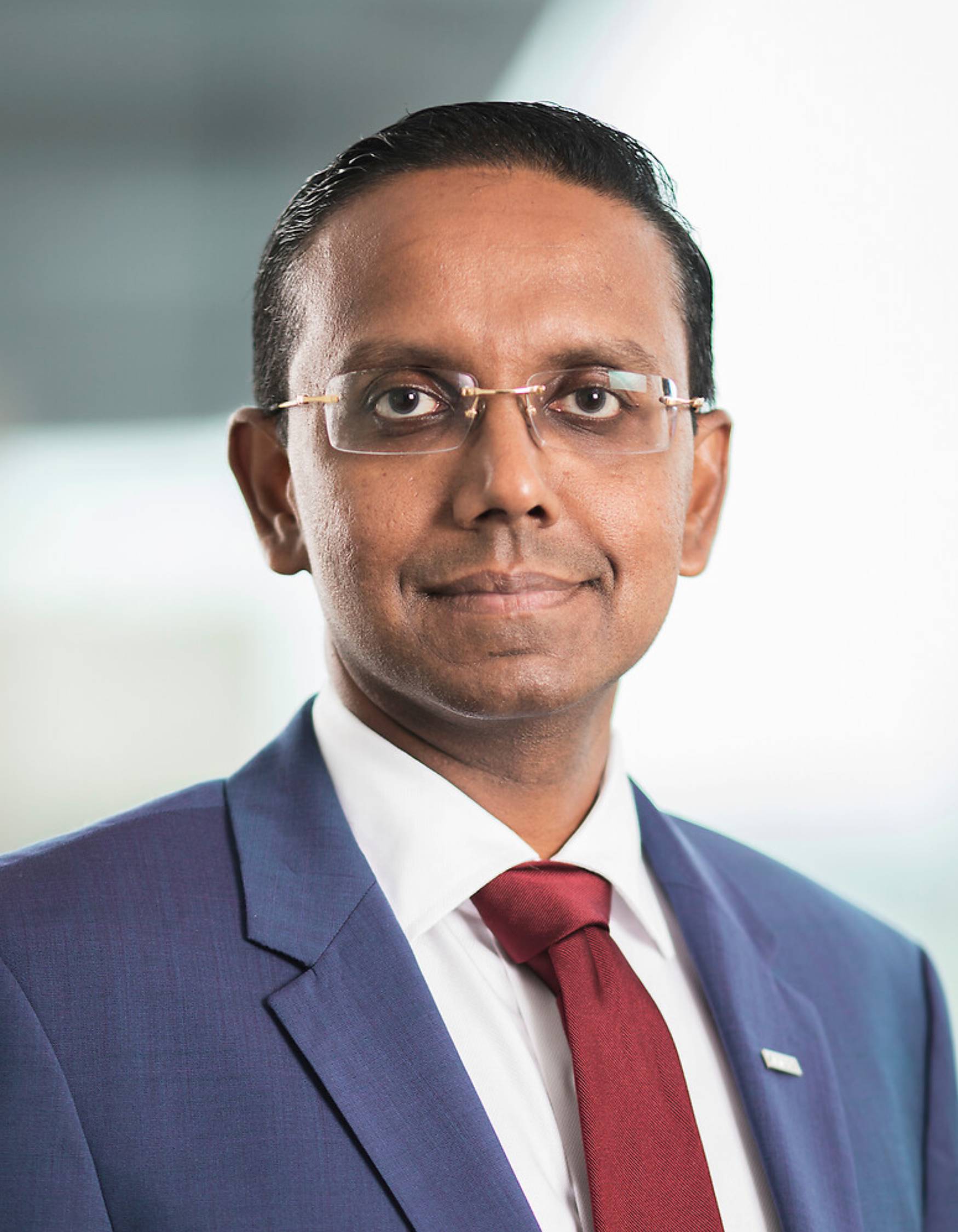
Sustainability: The way forward
Sustainability: The way forward
SKY OF THE FUTURE | 22 FEBRUARY 2022

|
Why is sustainability an important focus point for Airbus? Airbus is committed to meeting the Paris Agreement targets and leading the decarbonisation of the aviation sector in full collaboration with all stakeholders such as airlines and governing bodies. We are convinced that carbon-neutral aviation is not only possible, but achievable within our lifetime. In line with the Paris Agreement, we are committed to reducing energy consumption by 20% and CO2 emissions by 40% across all Airbus activities by 2030 compared with 2015 levels. In addition, we are committed to achieving net zero CO2 emissions for industrial activities by 2050. This is why we have the ambition to develop the world's first zero-emission commercial aircraft by 2035. |
|---|
One of the ways this goal can be realised is through the adoption of Sustainable Aviation Fuel (SAF) which has garnered much interest recently. How important is the adoption of SAF in this journey towards carbon neutrality and how is Airbus contributing to the greater adoption of SAF?
SAF is a fuel derived from a range of “feedstock” made from sustainable resources, such as carbon dioxide and renewable (green) hydrogen. It allows an up to 80% gain in terms of CO2 reduction across the SAF lifecycle.
SAF is an extremely important part of the aviation roadmap to reduce our industry’s CO2 emissions as it plays a key role in an effective carbon-reduction programme - all existing aircraft can already run on a SAF blend of up to 50%.
Since 2008, Airbus has acted as an important catalyst in the certification process, demonstration flights, partnerships, and policy advocacy of sustainable aviation fuel.
Airbus has been offering delivery flights powered with SAF since 2016 from its centres in Toulouse, France, Hamburg, Germany and Mobile, Alabama in the US. This option is to be extended very soon to its Chinese facility in Tianjin.
In 2021, Airbus performed flights on a wide body aircraft (A350) and on a single aisle (A319) with 100% SAF. Airbus' objective is to certify all its aircraft to fly with 100% SAF by 2030.
How is Airbus’ journey in sustainability reflected in its R&D efforts?
We’re committed to developing, building and testing alternative-propulsion systems – powered by electric, hydrogen and/or solar technology – to enable the aviation industry to disruptively reduce the CO2 emissions of commercial aircraft, helicopters, satellites and future urban air mobility vehicles.
All our R&D (on average more than €2Bn /yr) is focused on fostering aircraft efficiency – thus aircraft emissions reduction.We aim to keep our R&D at a similar level in order to protect our competitive positioning going forward.
Airbus is also working to improve air traffic management. Airbus and its partners have demonstrated how sharing the skies can save airlines fuel and reduce CO2 emissions.
In November 2021, Airbus performed the first long-haul demonstration of formation flight in general air traffic (GAT) regulated transatlantic airspace with two A350 aircraft flying at three kilometres apart from Toulouse, France to Montreal, Canada. The aircraft were greeted at Montreal-Trudeau International Airport. Over 6 tons of CO2 emissions were saved on the trip, confirming the potential for more than a 5% fuel saving on long-haul flights.
What does the future of Airbus’ aircraft look like?
Our ambition is to put a zero- emission aircraft into service by 2035.
Airbus unveiled three different hydrogen-powered concept “ZEROe” aircraft:
A turbofan design (120-200 passengers) with a range of 2,000+ nautical miles, capable of operating transcontinentally and powered by a modified gas-turbine engine running on hydrogen, rather than jet fuel, through combustion. The liquid hydrogen will be stored and distributed via tanks located behind the rear pressure bulkhead.
A turboprop design (up to 100 passengers) using a turboprop engine instead of a turbofan and also powered by hydrogen combustion in modified gas-turbine engines, which would be capable of traveling more than 1,000 nautical miles, making it a perfect option for short-haul trips.
A “blended-wing body” design (up to 200 passengers) concept in which the wings merge with the main body of the aircraft with a range similar to that of the turbofan concept. The exceptionally wide fuselage opens up multiple options for hydrogen storage and distribution, and for cabin layout.
What do you think is the way forward for the industry in its journey to achieving net-zero carbon emissions?
- Decarbonisation of the air transport sector is a joint effort between regulators and the entire industry, including airlines, energy producers and infrastructure providers.
- We are conscious of our responsibility, that Airbus has a leading role to play in developing sustainable aviation for the future. We see this as an opportunity.
- For future generations to support air travel, we need to provide guarantees in terms of environmental sustainability, and our commitment to the progressive decarbonisation of the aviation industry.
- Short term: fuel efficiency improvement by 1.5% each year. We believe the best way to reduce emissions is to create a Green Stimulus that will provide the financial support airlines need to retire older aircraft early.
- Mid-term: offsetting scheme to ensure a neutral carbon growth of aviation from 2020 to 2035
- Long term: Reach net zero carbon emissions by 2050
- Airbus will lead through innovation to meet the challenge, concentrating on technology, operations and infrastructure, non-fossil sustainable fuels and global carbon offsetting schemes such as CORSIA.
Sources:
[1] https://www.iata.org/en/pressroom/2021-releases/2021-10-04-03/
[2] https://www.iata.org/en/programs/environment/
